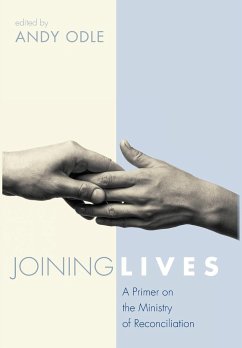Since six months after landfall, Ellen Blue has taught ""The Church's Response to Katrina."" It sidesteps disaster response, where clearly the church should be involved. What was unclear was how leaders in a connectional denomination like United Methodism should decide which churches to merge or decommission after floods destroyed seventy churches and displaced ninety pastors, and no one knew how many members would return. Katrina gave the church a chance to re-make itself without deteriorating structures in no-longer-thriving neighborhoods. Yet as members returned to chaos, they sought solace. Should the church meet needs for Sanctuary and reassurance or use newfound flexibility to seek justice? In Case of Katrina examines leadership strategies and the theological convictions that underlay them during the struggle to decide. The larger United Methodist Church controls real estate, and the hierarchy had the power to choose. Instead they let verdicts spring primarily from congregants and pastors on the ground through a long, controversial process. Recovery has been entwined with issues of race and class. Cooperation among African American and Anglo congregations has birthed vibrant multi-racial worship and ministries. Yet other prophetic ministry was left undone, and it should set the agenda for the next decade.
Hinweis: Dieser Artikel kann nur an eine deutsche Lieferadresse ausgeliefert werden.
Hinweis: Dieser Artikel kann nur an eine deutsche Lieferadresse ausgeliefert werden.







![The Substance Of A Sermon [on 1 Chron. Xxviii] Preached ... To The Children Of The Methodist Sunday-schools In London The Substance Of A Sermon [on 1 Chron. Xxviii] Preached ... To The Children Of The Methodist Sunday-schools In London](https://bilder.buecher.de/produkte/68/68926/68926002m.jpg)
